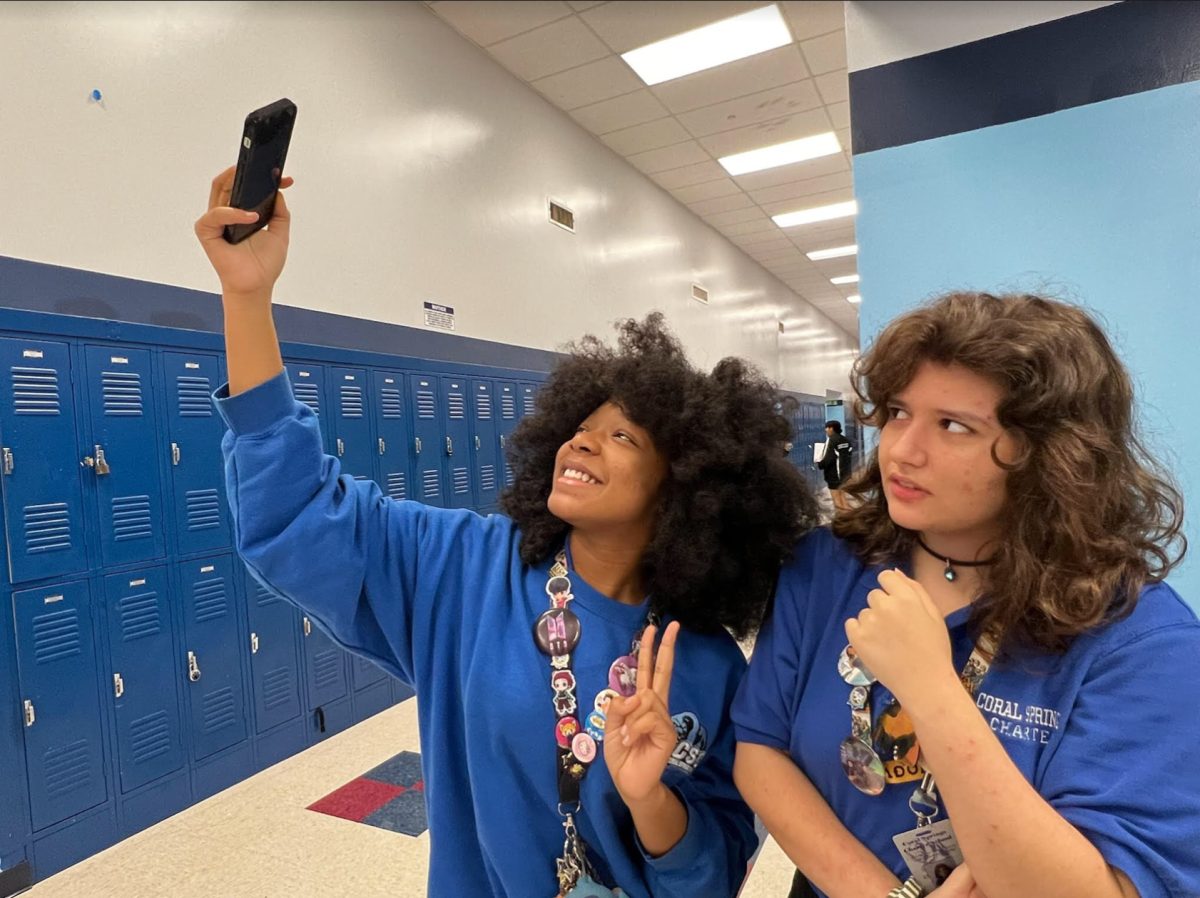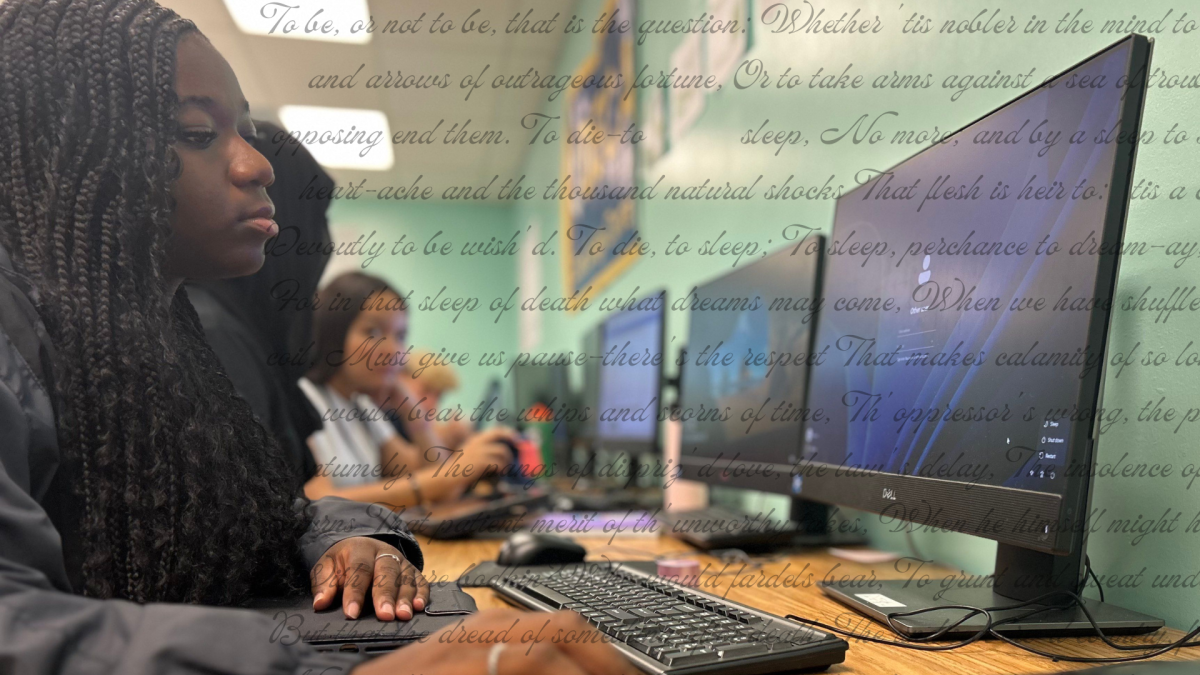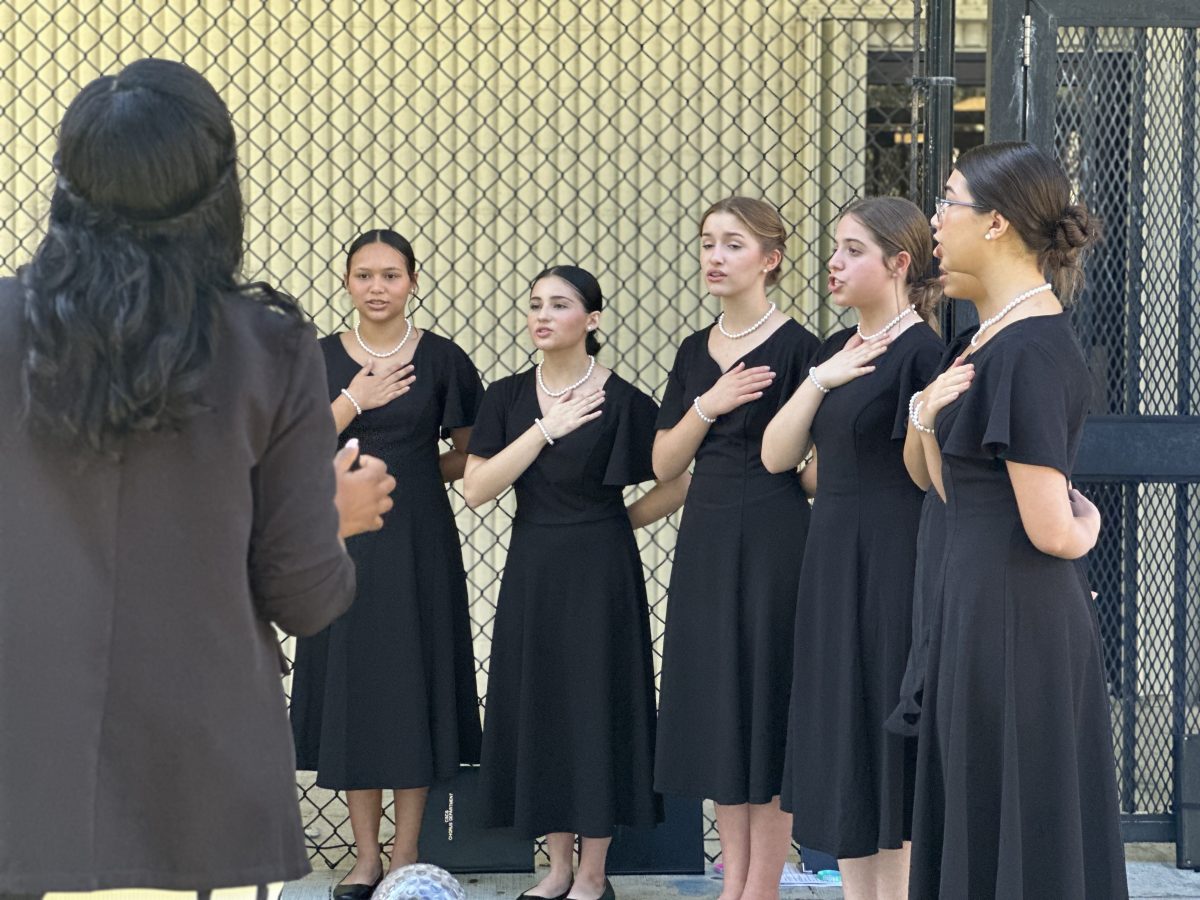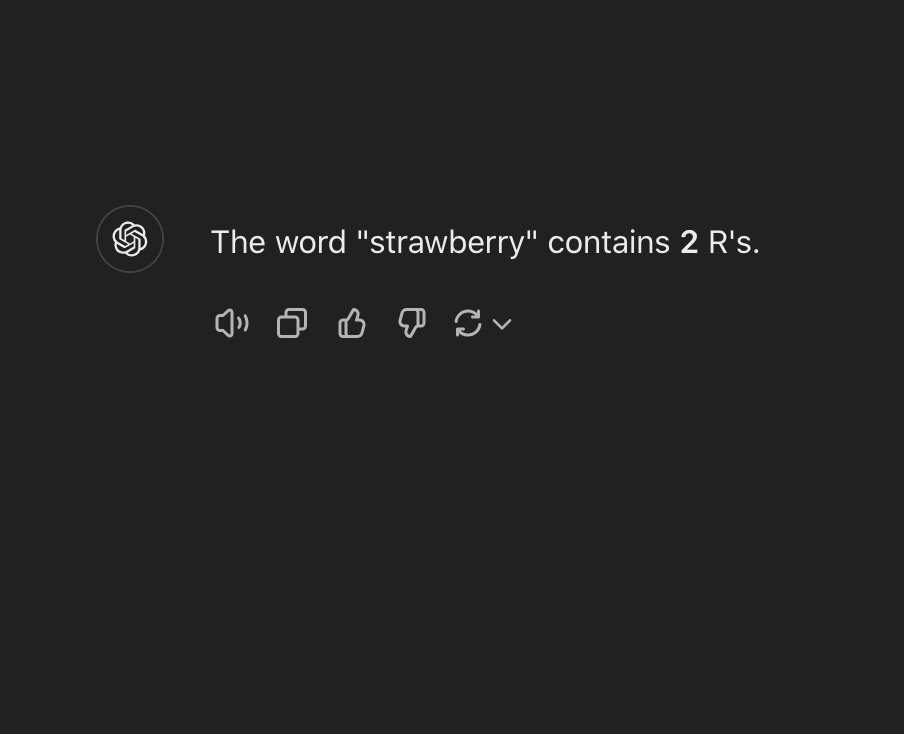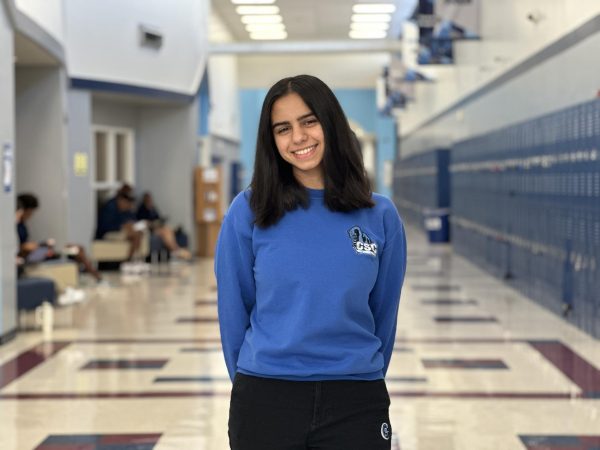It’s not uncommon for content creators to film in public with their phones for entertainment. But due to an increase in public filming and content creators getting more and more invasive, people have begun to push back.
When being filmed, people usually become hyper-aware of themselves. Things like posture, hand movements, and tongue placement get pushed to the front of people’s minds as they make sure to give their best impression on camera. As a result, when people are introduced to the idea of being filmed without their knowledge, things start to get uncomfortable.
Even though only about a quarter of the population at Charter have been approached by a content creator, these kinds of videos can still be seen on apps like TikTok, Instagram, and X.
“I see these videos pretty often, like everyday.” said freshman Ana Rodriguez.
So how did these kinds of videos grow to become so popular? Some speculate that it’s specifically because the videos are unconsentual. By catching strangers off guard, it’s easier for the creators to have a ‘Gotcha’ moment with the person they’re interviewing.
“I often see that it’s done in stores or in parks,” said Rodriguez, “Just where people are minding their own business.”
When watching the “average person” getting mocked on the internet, it gives people a sense of superiority or pleasure. This new kind of entertainment, or ‘humilitainment’ can often make people not only give them something to laugh at but make them feel better about their own lives. This feeling can be enhanced when it’s someone the viewer knows in real life.
But while some enjoy the content being made, others are finding ways to repel these kinds of influencers.
One popular video on TikTok contains an influencer asking two girls what their biggest pet peeve was. She responded by saying her biggest pet peeve is when guys walk up to her in public and ask her “‘Hey, can I ask you a question?’ while filming.”
While these content creators might receive some push back, it doesn’t exactly negate the support shown through a considerable amount of likes, follows, views, and shares.
“They can ask a lot of detailed questions to a particular minority.” said senior Aadhith Arancherry, “For example, why do you think men don’t cry? So I think it’s enjoyable.”
There is no question that public interviews have certainly made an impact on apps like TikTok and Instagram. But as time goes on content creators will continue their efforts to stay relevant. Whether public interviews are a trend or something more long term still remains to be seen.
“It’s always best to get consent from anyone no matter who it is”, said junior Bryan Castillo, “But I think it’s pretty cool that people do that. Not a lot of people can go up to people and ask them questions.”

